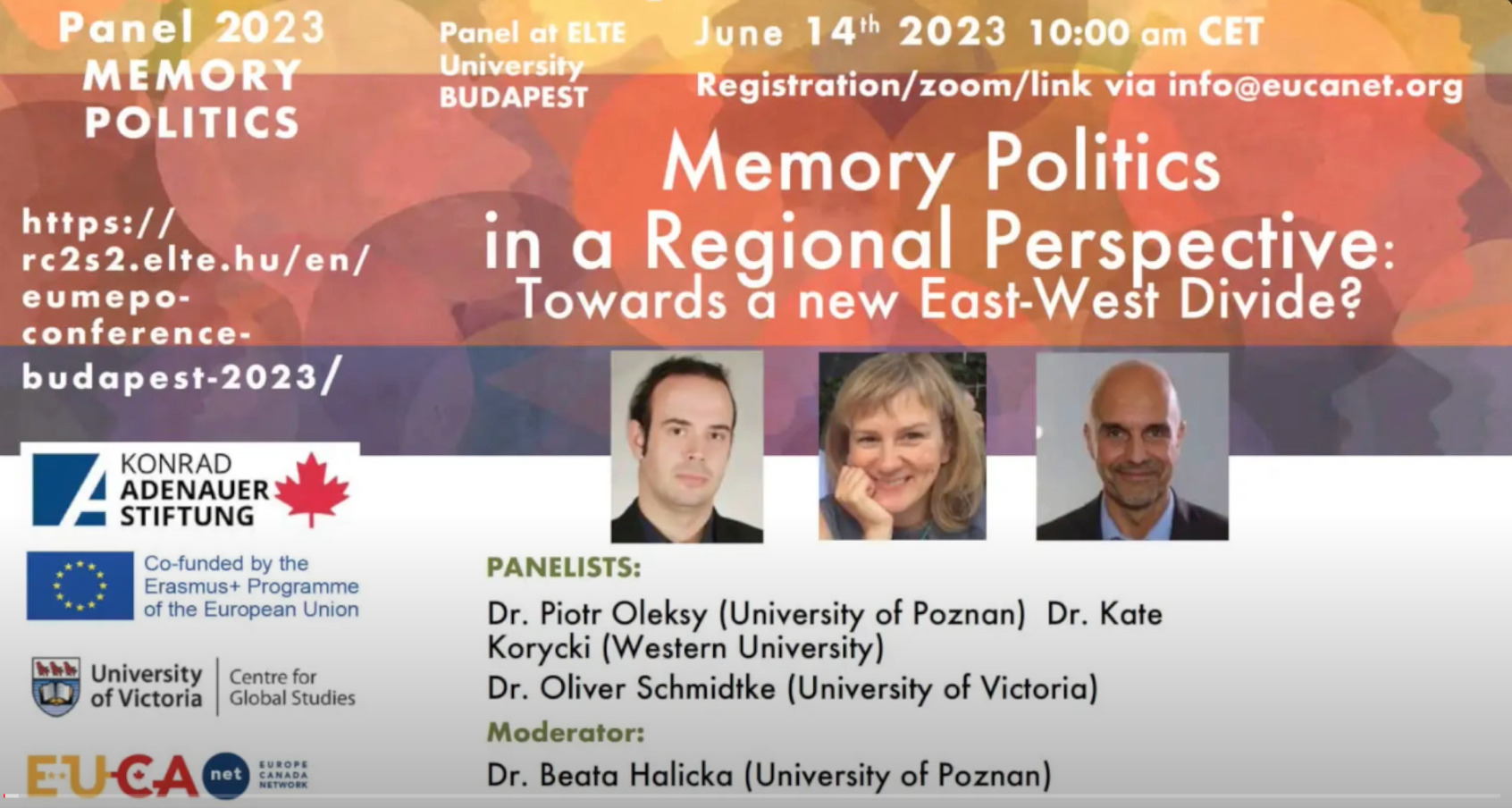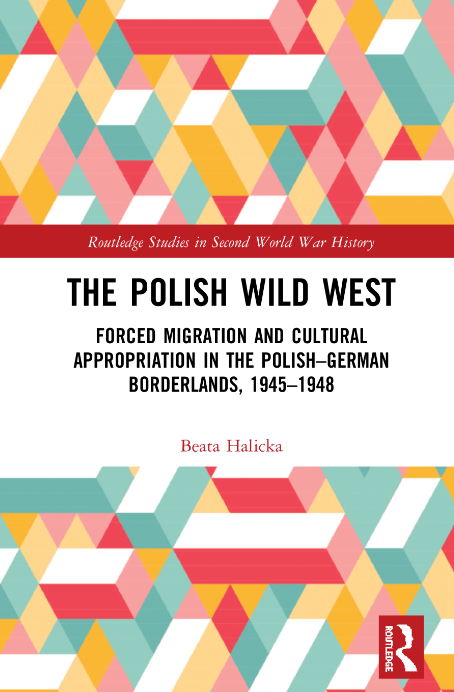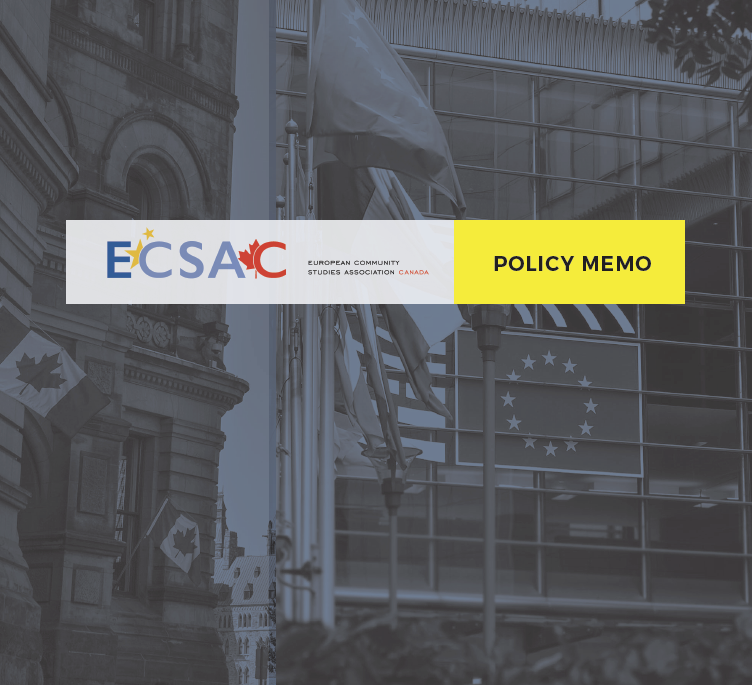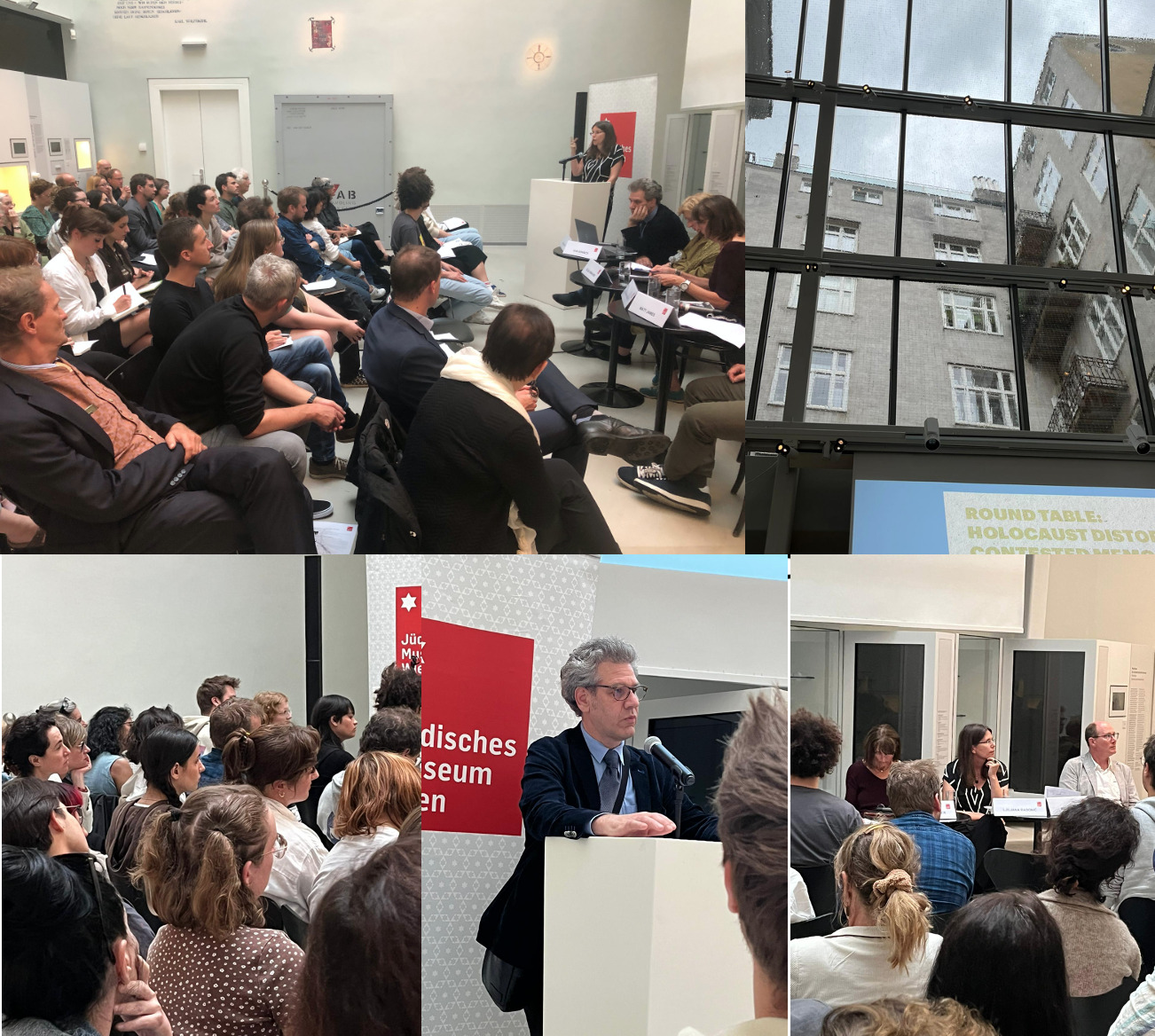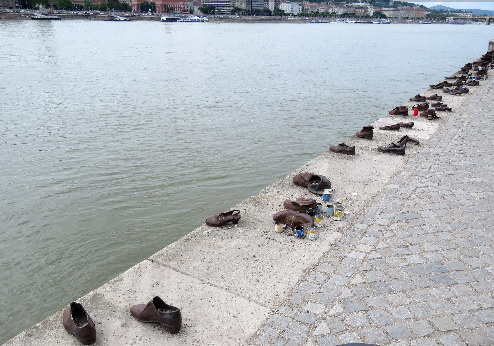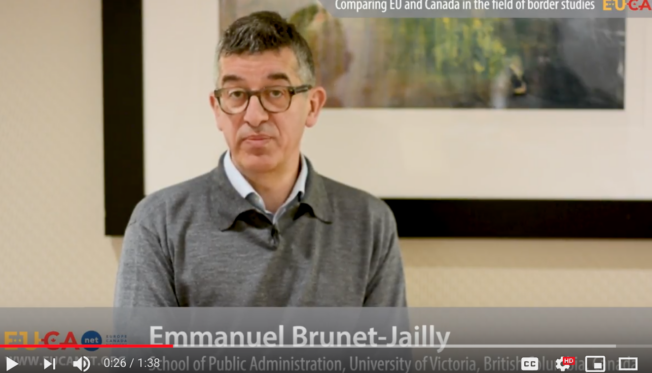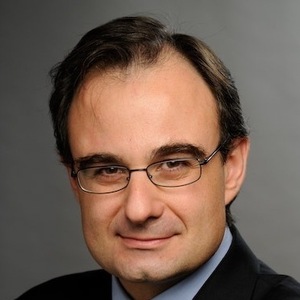Memory Politics in a Regional Perspective: Towards a new East-West Divide?
The Jean Monnet Network European Memory Politics (EuMePo) featured the Konrad Adenauer Foundation Canada expert panel “Memory Politics in a Regional Perspective: Towards a new East-West Divide?” in a hybrid format during the international conference in Budapest.
Kate Korycki (Western University, Canada) sets the tone by emphasizing the common mobilization of far-right actors in North America and Western, Central, and Eastern Europe around nostalgic populist nationalism. In countries such as Hungary, Poland, Canada, and the United States, right-wing memory entrepreneurs peddle stories of national greatness threatened by liberal political correctness as a salve for and distraction from neoliberalism’s corrosive stress on austerity, competition, and constant self-improvement. Unable or unwilling to offer meaningful material redress, let alone structural change to neoliberal forces and patterns, the far right targets liberal memory politics instead, attacking critical engagement with national histories of racism, antisemitism, and state cruelty as the “cultural Marxism” of cosmopolitan elites.
Yet Piotr Oleksy (Adam Mickiewicz University, Poland) also reminds us that this broad path of convergence is strewn with all manner of important national differences. Certainly, the Polish right’s rejection of liberal, post-Holocaust “never again” memory politics reflects a more widely shared discomfort with what many in Central and Eastern Europe see as an alien memory regime. That memory regime was, after all, created without the participation of post-Communist countries and, as the belated Western European and North American realization of Putin’s designs on Ukraine arguably showed, was not a helpful source of alertness to Putin’s revived Russian imperialist agenda. Yet this broad context of post-Communist mnemonic convergence has not produced anything resembling a monolithic response. For example, although the Orban government shares the Polish right’s rejection of the postwar liberal memory model, its own calculations about geopolitics and domestic support led it to a quite different stance on Russia’s invasion of Ukraine.
Furthermore, as Oliver Schmidtke (University of Victoria, Canada) reported, even as the Western memory culture’s lack of vigilance against Russian revanchism provides a “we told you so” rallying cry for many, support for EU membership remains strong across Eastern and Central Europe, regardless of different national stances on the war in Ukraine.
Read more about the conference on: * https://www.eucanet.org/budapest-conference-memory-politics-in-europetowards-a-deepening-east-west-divide/ *https://www.eucanet.org/eumepo-conference-elte-budapest-14-16-june-2023/ *https://www.eucanet.org/summaries-of-the-budapest-june-conference/ EUCAnet (Europe Canada Network) is a hub for experts primarily located in Canada that work on European and Canadian current issues from a transatlantic perspective.
